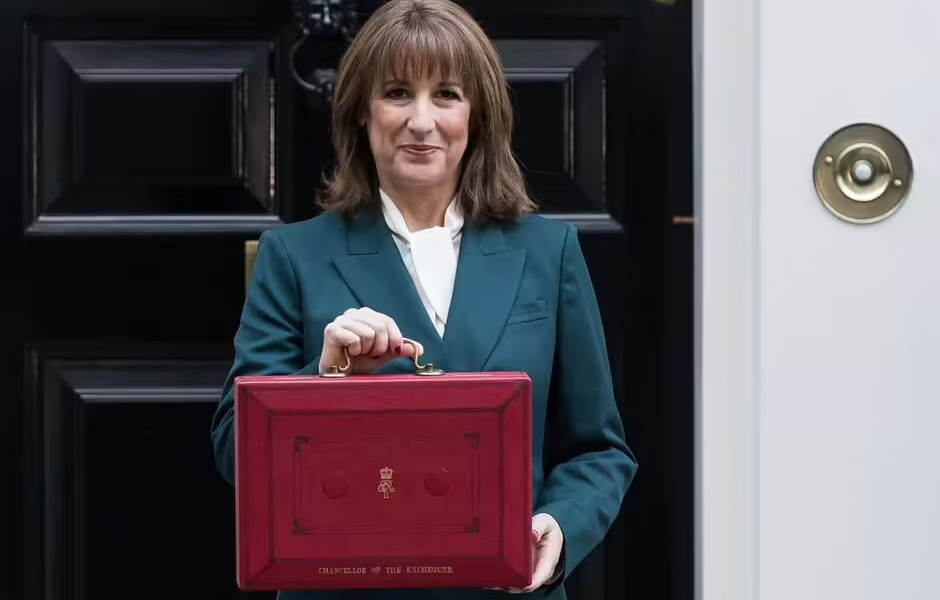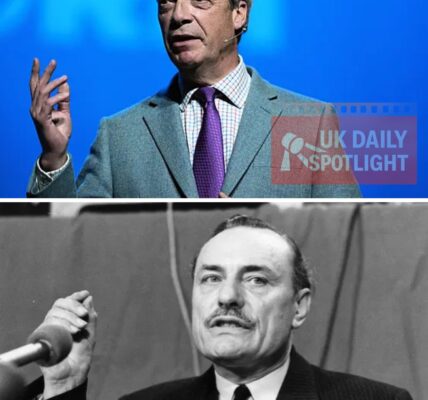
Chancellor Rachel Reeves delivered her Budget this week (Image: Getty)
Basic rate taxpayers will pay £220 more after Rachel Reeves broke her manifesto pledges. And those liable for the higher rate of income tax will pay an additional £600, according to a leading independent think tank. Figures were revealed in a damning verdict on Chancellor’s Budget statement from the Institute for Fiscal Studies (IFS). Director Helen Miller said: “Rachel Reeves said she wouldn’t come back for more. She clearly did.”
The Chancellor’s biggest tax announcement was a freeze in income tax thresholds for an additional three years, which leads to higher bills because of inflation. Based on current forecasts, the IFS calculated that this means 700,000 additional people on low incomes will pay income tax by 2031, and one million more on above-average incomes will find themselves paying the higher rate.
Ms Miller said: “By 2029, more than a quarter of all taxpayers are expected to be higher or additional-rate taxpayers. For a basic-rate taxpayer, the freezes will mean £220 more tax per year; for a higher-rate taxpayer it rises to £600 more per year.”
But she warned that the decision to introduce a “stealth” increase, rather than simply putting up the tax rate, means Ms Reeves cannot be sure how much money will come in because the sum depends on future inflation rates.
Threshold freezes also mean higher National Insurance bills. On top of this, some working people will pay even more National Insurance thanks to changes to “salary sacrifice” pension schemes – even that Labour’s general election manifesto promised not to increase National Insurance, income tax or VAT.
Ms Miller said: “I would call that a breach of the manifesto.”
The IFS praised the Chancellor’s decision to increase her “headroom” from £10 billion to £22 billion, which may allow the Treasury to avoid emergency Budget measures if there is an unexpected change to the economy, However, it said her plan to balance the books depended on a vague promise to control spending in the run-up to a general election, which may prove politically impossible.
Ms Miller said: “Perhaps the government really will be able to find new efficiency savings. Or, maybe, when the time comes, and as the election looms, it will find that the spending plans are unrealistically low.”
She warned: “The fiscal forecasts are predicated on spending plans that would involve near-heroic restraint in an election year, and a back-loaded set of tax rises that almost entirely delay the pain. It’s reminiscent of the fiscal fictions of recent years. I hope this is a government able to deliver on it’s plans. But I have my doubts.”
Ms Reeves is now planning to increase spending by just 0.5% per year in real terms in both 2028-29 and 2029-30. This is down from her previous planned increase of 1% per year.
In other analysis, the think tank warned that average disposable incomes will only grow by about half a percent per year up to the next election – a “truly dismal” rise, after incomes rose by more than 2% annually from the mid-1980s to mid-2000s.
Prime Minister Sir Keir Starmer last night issued an angry defence of the Government’s decision to end the two-child limit on Universal Credit, which increases benefits for 560,000 families by an average of £5,310 at a cost of £3 billion.
He rejected suggestions the measure was designed to appease angry Labour backbench MPs and shore up his own position, saying: “It’s impossible to argue that this is a position that has been adopted just in the last few weeks. It is my long-standing ambition.”
Sir Keir said: “I’m not going to apologise for lifting half a million children out of poverty.”
The Government’s feud with official Treasury watchdog the Office for Budget Responsibility (OBR) continued as Downing Street said it did not “recognise” an OBR figure putting the cost of Labour’s controversial digital ID scheme at £1.8 billion over three years.
Sir Keir’s official spokesman said: “We don’t recognise it as an accurate cost of the programme, the scope of which is yet to be decided, let alone costed.”
On Wednesday, the Chancellor blamed the OBR for publishing it’s analysis of her Budget almost an hour before she delivered it, effectively leaking the contents.




